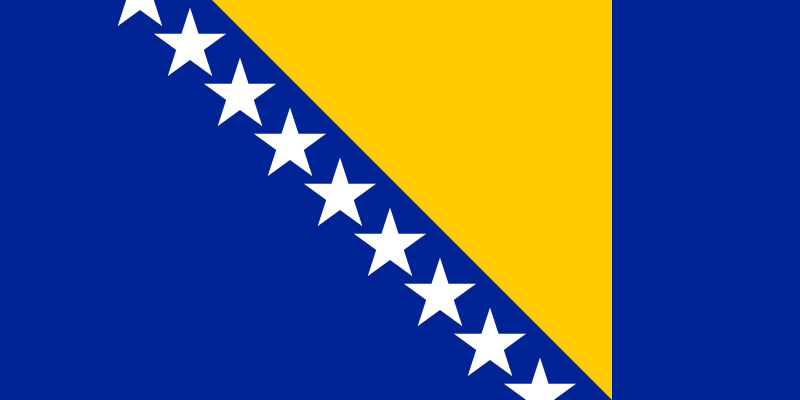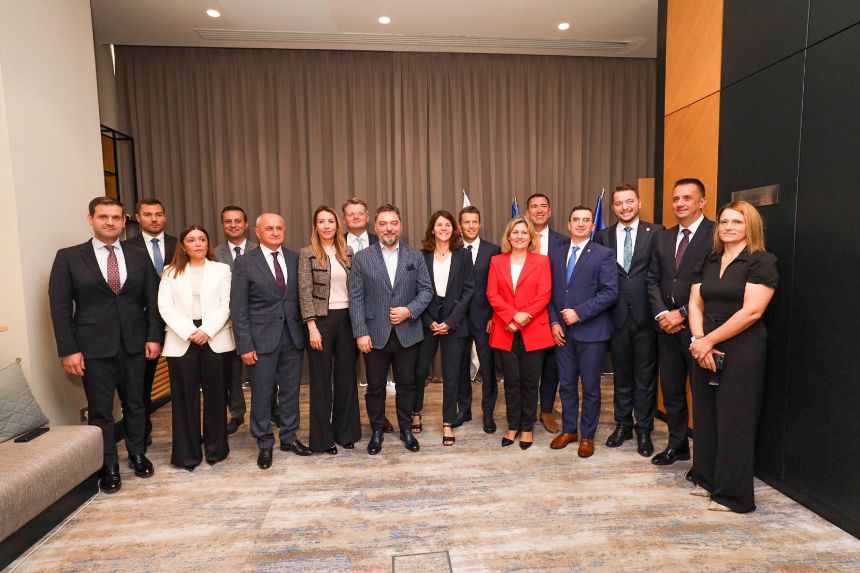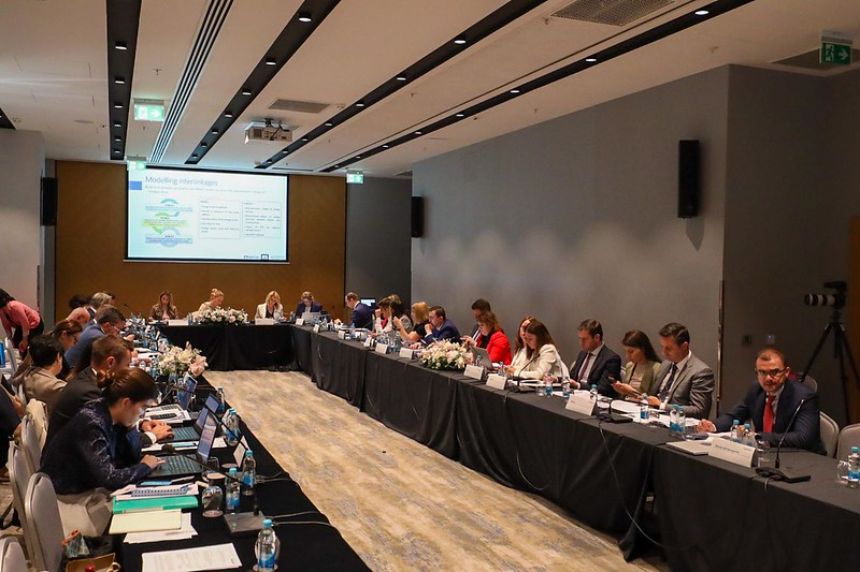Informal Ministerial Council convenes to drive electricity market integration with the European Union
Energy Community leaders gathered in Banja Luka today to discuss progress and advance electricity market integration and decarbonization efforts in the framework at the Informal Ministerial Council meeting of the Energy Community.
The Informal Ministerial Council (IMC) meeting was chaired by Staša Košarac, Bosnia and Herzegovina's Minister of Foreign Trade and Economic Relations, and Mechthild Wörsdörfer, Deputy Director General of the European Commission's DG ENER. The IMC was facilitated by Artur Lorkowski, Director of the Energy Community Secretariat. Mr. Peter Holicza, Deputy State Secretary for EU Affairs and International Relations, representing the Hungarian Presidency of the Council of the European Union, also addressed the assembly.
In her opening remark Mrs. Wörsdörfer reassured of the EU's commitment to supporting Energy Community Contracting Parties in the region’s energy transition and called for enhancing regional cooperation: “Market coupling will bring important benefits to the region’s economies and competitiveness as well as supporting efforts for achieving climate neutrality. The EU has advanced these befits to our Energy Community partners ahead of EU accession. Thus, the Contracting Parties are urged to accelerate the transposition and implementation of Electricity Integration Package without further delays.”
The market coupling aims to fully integrate Contracting Parties into the EU's single electricity market through mechanisms like single day-ahead and intraday coupling (SDAC and SIDC), enhancing efficiency and cross-border electricity trade. Against this background, the ministers centered around two main topics: the alignment of EU law with national legislation and the fully compliant designation of Nominated Electricity Market Operators (NEMOs) in the Contracting Parties.
Director Artur Lorkowski highlighted the importance of accelerating the market coupling in the current context of prolonged delays. He underlined the need to progress the transposition of EU law into national legislations, which is closely connected to the NEMOs and submission to ACER for approval of the market coupling operation integration plan, as well as operationalisation of the capacity calculations regions. “Further delays in transposing and implementing the Electricity Integration Package pose a significant challenge to achieving the exemption for electricity exports from the Energy Community do the European Union from 2026,” he stated in his final address.
During the latter part of the meeting, the focus shifted towards carbon pricing and the update of the Decarbonization Roadmap in the region, including the European Commission's evaluation of carbon's impact on different policy choices for a carbon pricing framework within the Energy Community.
The Director of International Affairs and Climate Finance DG CLIMA, Diana Acconcia, stressed that the transposition of the Monitoring, Reporting, Verification and Accounting (MRVA) package should be made a priority and should be the basis for any carbon pricing option.
“The full transposition of the MRVA package and the implementation of a carbon pricing mechanism with the overall goal of joining the EU Emissions Trading System at the latest upon EU accession, remains a key aspect for Contracting Parties to achieve climate neutrality by 2050. The EU is committed to support the region in this endeavour.”
In Scope:
Informal Ministerial Council 2024
Banja Luka, Bosnia and Herzegovina
Informal Ministerial Council 2024
3 July 2024
Banja Luka, Bosnia and Herzegovina
Banja Luka, Bosnia and Herzegovina
Banja Luka, Bosnia and Herzegovina
Banja Luka, Bosnia and Herzegovina
Banja Luka, Bosnia and Herzegovina
Banja Luka, Bosnia and Herzegovina



.jpg)



